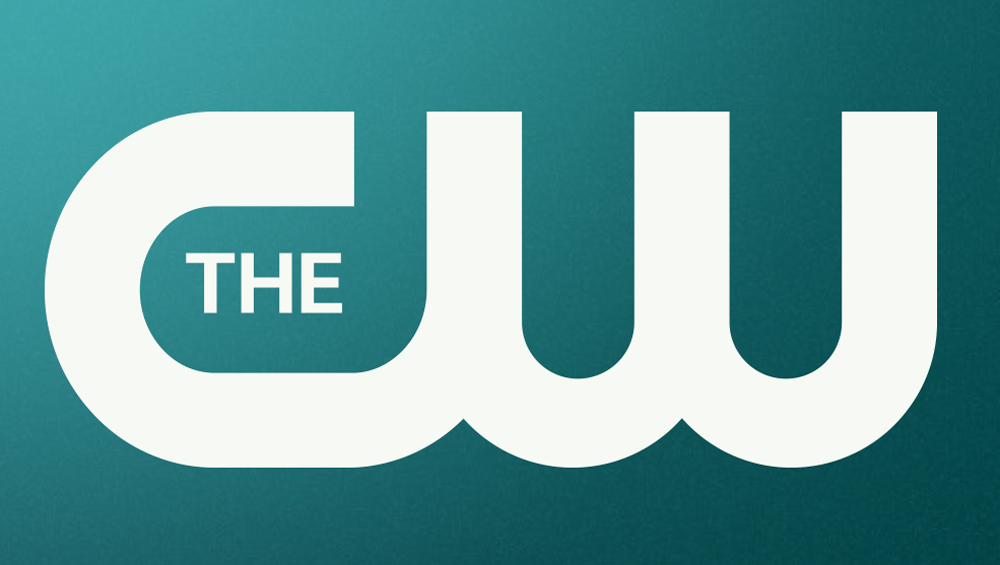
Sook: CW To Change Virtual MVPD Rights Model

Along with other major CBS affiliate groups, Nexstar Media Group forced Paramount Global to renegotiate the carriage deal it cut with Fubo and returned their local signals to the virtual MVPD in March. But the affiliates have not achieved their objective of being able to negotiate directly with the vMVPDs as they do with traditional cable and satellite operators.
As a new network owner, though, Nexstar Chairman-CEO Perry Sook told the JPMorgan 51st Annual Global Technology, Media and Communications Conference today in Boston that The CW will lead the charge to change that model.
“From our perspective, these discussions are about money and clearance — and our delay about reaching an agreement was not a change in the business thesis for the industry, even though we saw a billion and a half dollars in market cap disappear because of a dispute with a small virtual MVPD. But it was a fight over money and clearance,” Sook said of the Fubo dust-up.
“As a result, now we have achieved the financial points that we were looking to achieve. We also have clearance for all of our CWs as well as all of our independent stations, all of our MyNetwork stations and a lot of real estate that we wanted to get cleared and paid over the course of this,” Sook said of Nexstar’s various dealings with the vMVPDs.
And change is coming.
“We, as the owner of The CW, are constructing a new affiliation agreement template that is going to allow affiliates to opt-out of The CW deal with the virtual MVPD and cut their own deal — or they can opt in to the deal that we have already established for them. But larger companies are going to opt out, because they have other business to do with the virtual MVPDs. The smaller companies are going to say I can’t do as well on my own — going back to the comment I made earlier about distribution — negotiations are all about scale and leverage,” Sook said of the change coming for CW affiliates.
“We can’t advocate for this and then put our network hat on and say, not so fast. Will other networks follow The CW’s lead? We are hopeful,” the Nexstar CEO told the investor conference.
The vMVPD rights won’t be the only thing changing when Nexstar negotiates the next round of agreements with CW affiliates.
Nexstar President-COO Tom Carter called the first live sports on The CW, LIV Golf, “massively successful” for local affiliate ad sales, even as the network ad sales will be a slower build.
“LIV is doing very well locally for the affiliates, which we’re excited about because we get to remind them of that next time we talk to them about network affiliation agreement and network affiliation payments. And if you can add on a league or two, or a sport or two, in the next coming cycle — which we believe we will be able to do—then that gives us even more programming to sell to our network affiliates and to charge them for,” Carter added.
JP Morgan analyst Avi Steiner tried to pin Sook and Carter down on just what to expect: “Is it college, is it pickle ball-type new sports leagues, or is it some RSN-type opportunity on the local team level?”
“It’s not pickle ball,” was all he got from Carter. “The opportunities are greater than that and we’re shooting higher than that,” he added.
Sook had earlier said that Nexstar and other broadcasters are talking to lots of sports leagues and teams as the RSN model is under pressure. “I think you’re going to see a rotation of sports back to broadcast television because it reaches the 30% of the market that the pay TV universe doesn’t reach,” he said.
































Comments (0)